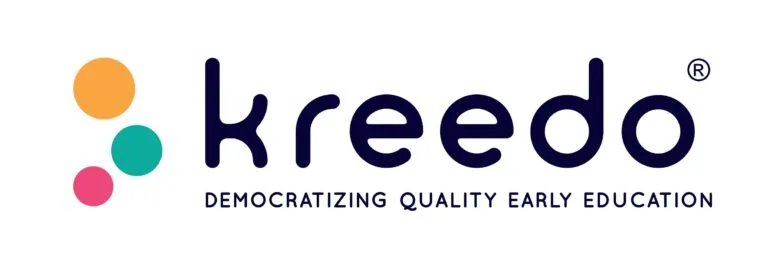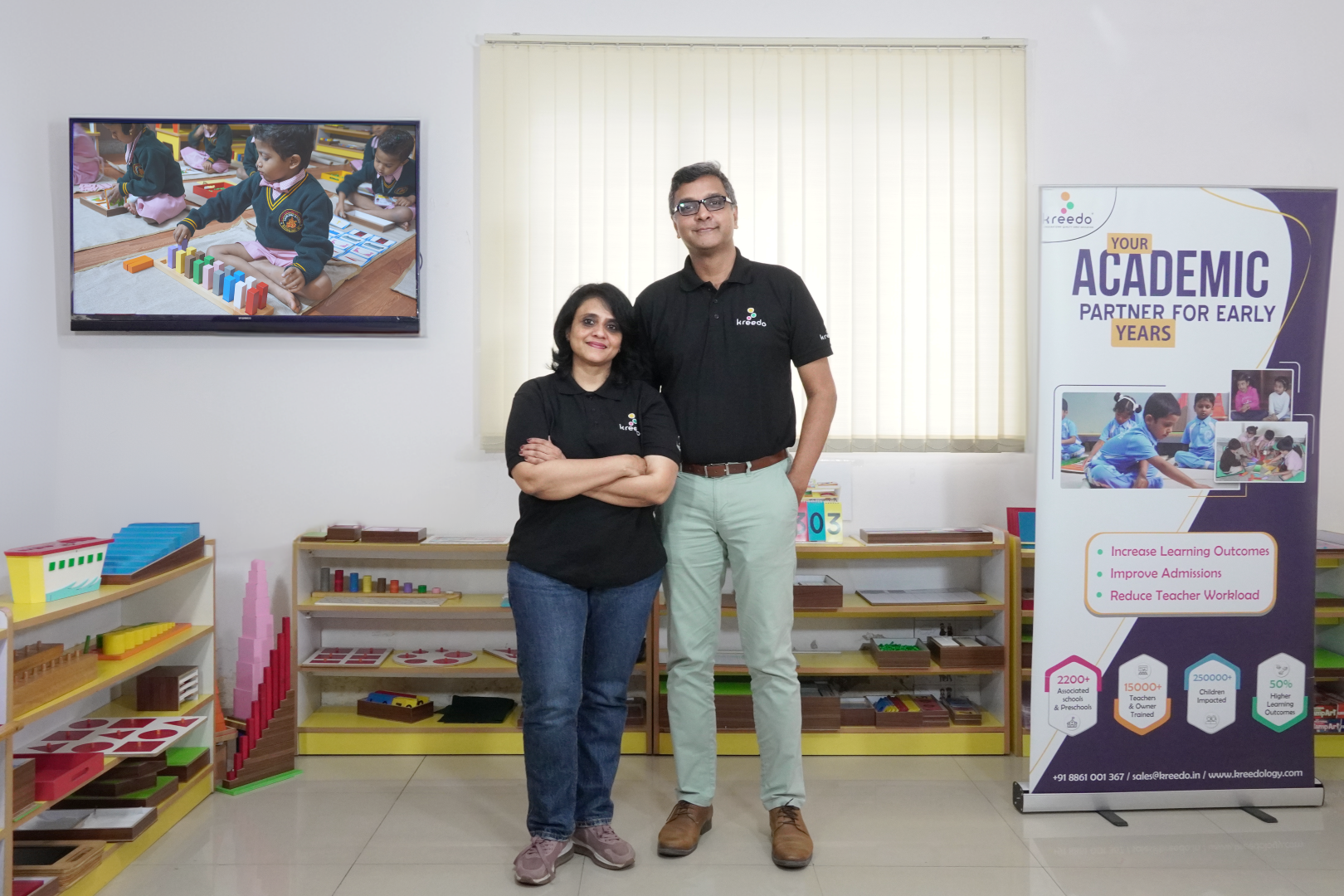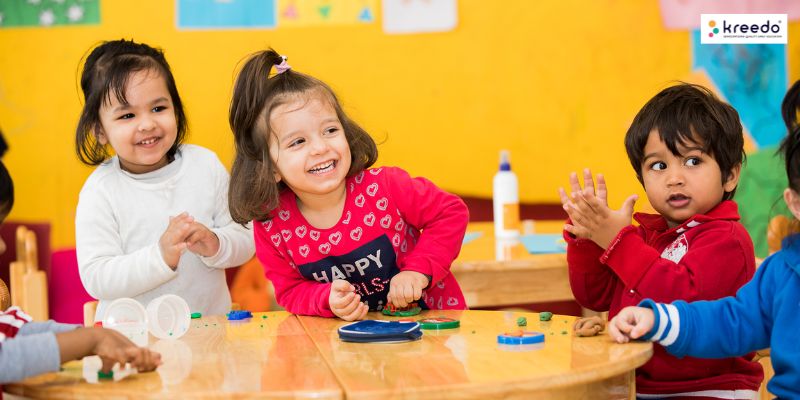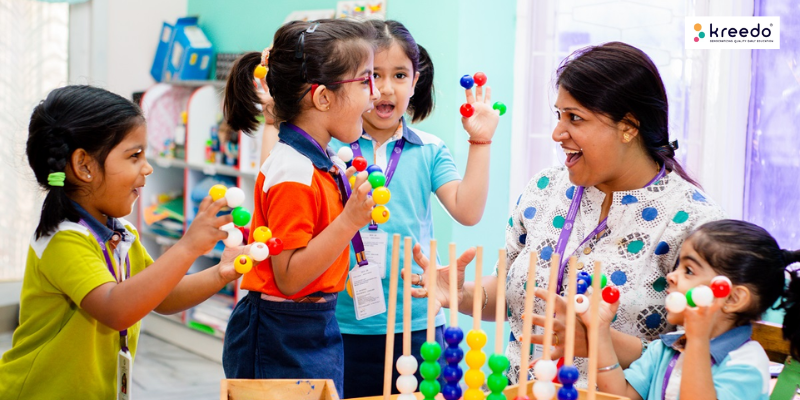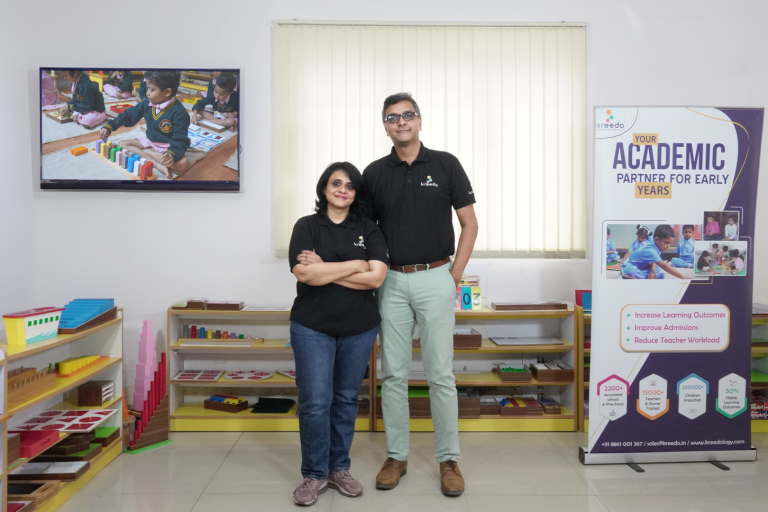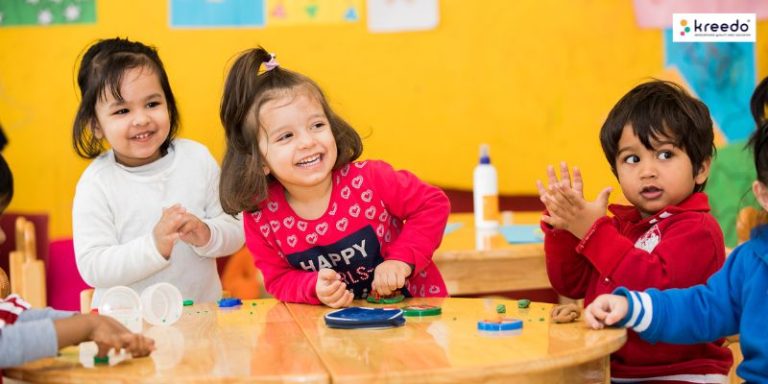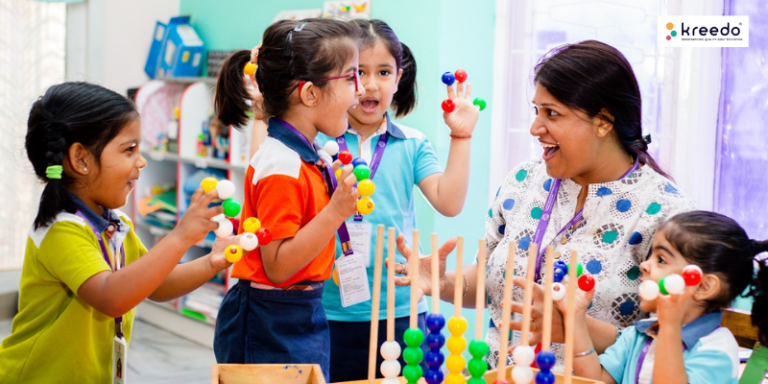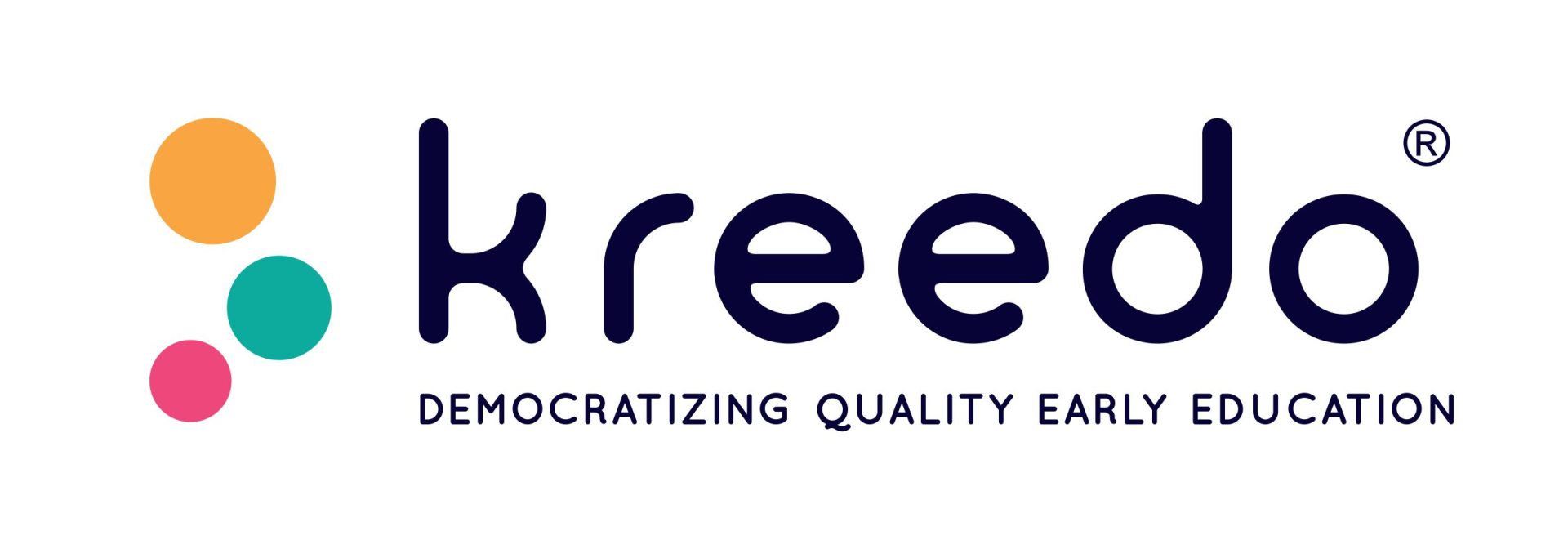We thought it would be a great idea to run through a few pointers that we need to remember for the effective running of our schools. Here are a few of them:
1. Plan an orientation and discuss with the parents the school policies, plans for the academic year, and the do’s and don’t s.
2. Have only around 5 new children during settlement and not more at any given time or ask them to come in different slots.
3. Plan the annual calendar in advance and share it with the parents.
4. Plan all celebrations in advance and inform the parents if you need anything from their side, giving them enough time.
5. Get your stationery in advance and ensure that the daily life materials like ragi, grams, etc. are of fresh stock.
6. Have an orientation with the teachers and the support staff about the roles and responsibilities.
7. Ensure that the teachers go through our curriculum and practice how to present the materials to the children.
The Settlement Period
1. Starting on a Monday morning: Having a consistent routine for the first 5 days at a stretch is important.
2. Increasing time spent by the child over a week: Starting from about 45 minutes, scale up the time to the regular time as fast as possible (preferably in 5 – 7 days’ time)
3. Parental support inside the school: NOT Recommended.
4. Preparing the environment: The environment must be child-friendly, stimulating, attractive, and inviting to the child, having a mix of varieties of activities.
5. Do NOT force the children to do any particular type of activities: They can paint/sing/play with sand/ whatever they would like to explore.
6. Preferably use the language/mother tongue that they are familiar with.
7. Always have some water-based activities like sponging/straining laid out and ready for them to work. Place napkin/mat/all ready and laid out.
8. Make sure you have enough songs to sing. Do not dance/jump around too much. You could sit and sing or stand with small actions.
9. Individual vs group learning – Although most preschools prefer group teaching/ learning, research clearly indicates that young children are more individual players. They enjoy parallel play, and watching others while they work. They do not really enjoy working in groups, especially large groups. It is always good to start with individual activities.
